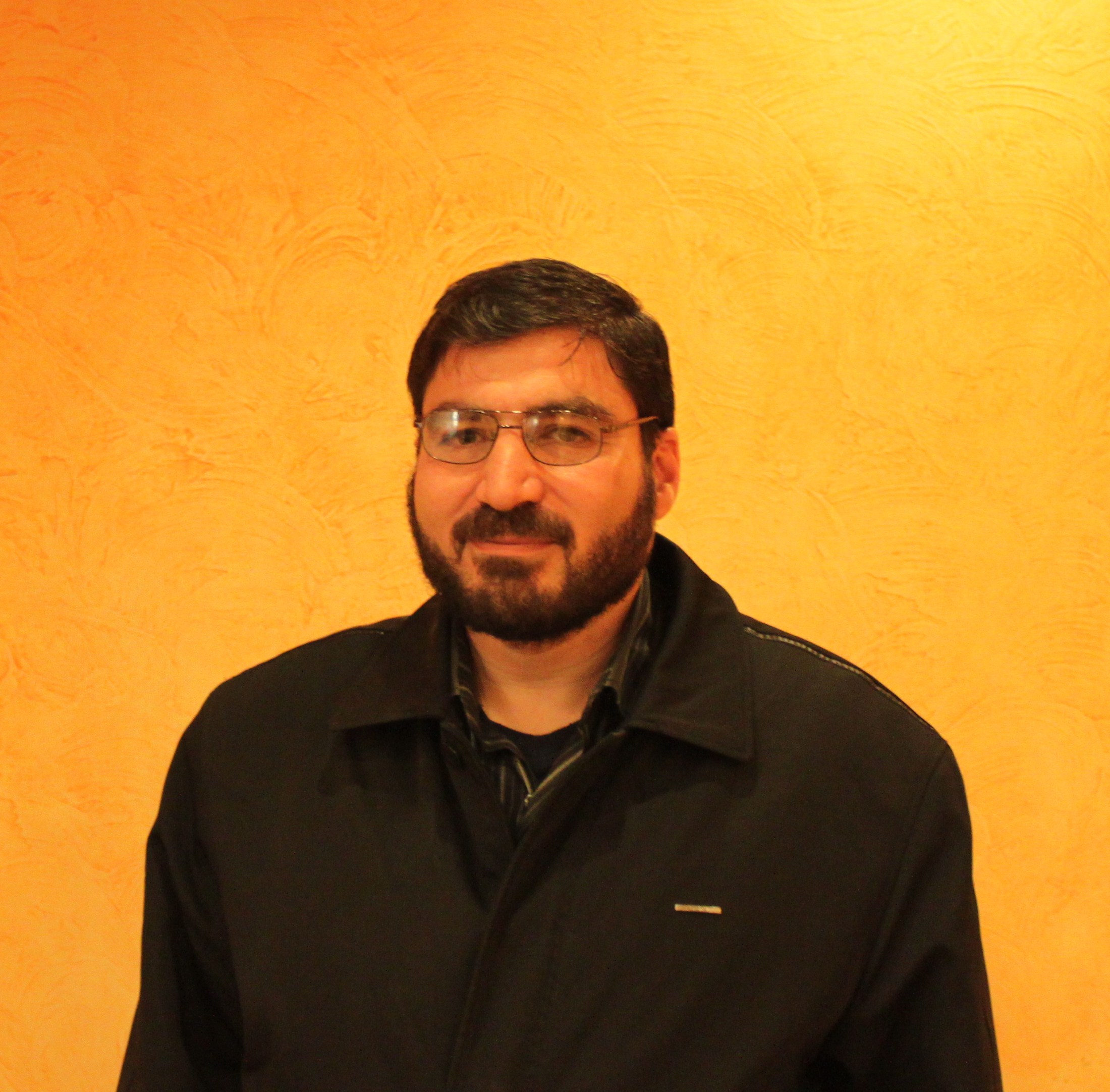-
Live updates from Sheikh Jarrah – Visit ISM’s Night Watch blog
14 December 2011 | International Solidarity Movement, West Bank ISM has been following the situation of the Al Kurd family from Sheikh Jarrah since 2009 and has kept a presence in the garden of their home. On December 4th Nabil Al Kurd and his mother, accompanied by international and Israeli activists went to the Court […]
-
“Like the Wild West:” Ex-prisoner lives with bounty on his head
by Alistair George 13 December 2011 | International Solidarity Movement West Bank “I see my situation as a cowboy film, like the wild west” says Hani Jaber, showing ISM a poster, written in Arabic saying: ‘Wanted: if anyone has any information about the whereabouts of the killer Hani Jaber, please call us on this number […]
-
Khan Al-Ahmar: Forced expulsion of Bedouins from Area C
by Alistair George 13 December 2011 | International Solidarity Movement, West Bank “From the 1970’s until today, the Israelis used to demolish our tents and houses but not to deport us” says Abu Hamis, a member of the Jahalin Bedouin tribe . “We used to rebuild our places but the new policy which they are […]
Action Alert An Nabi Saleh Apartheid Wall Arrests BDS Bethlehem Bil'in Cast Lead Demonstration Denial of Entry Ethnic Cleansing Farmers Gaza Global Actions Hebron House Demolition International law Israeli Army Jerusalem Live Ammunition Nablus Ni'lin Prisoner Ramallah Rubber-coated steel bullets Settlement Settlers Settler violence Tear-Gas Canister Video


